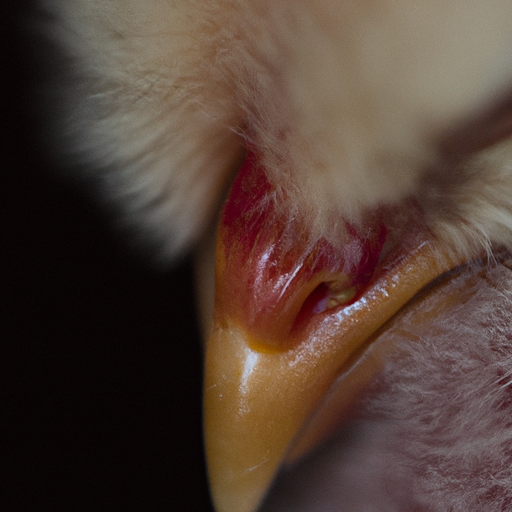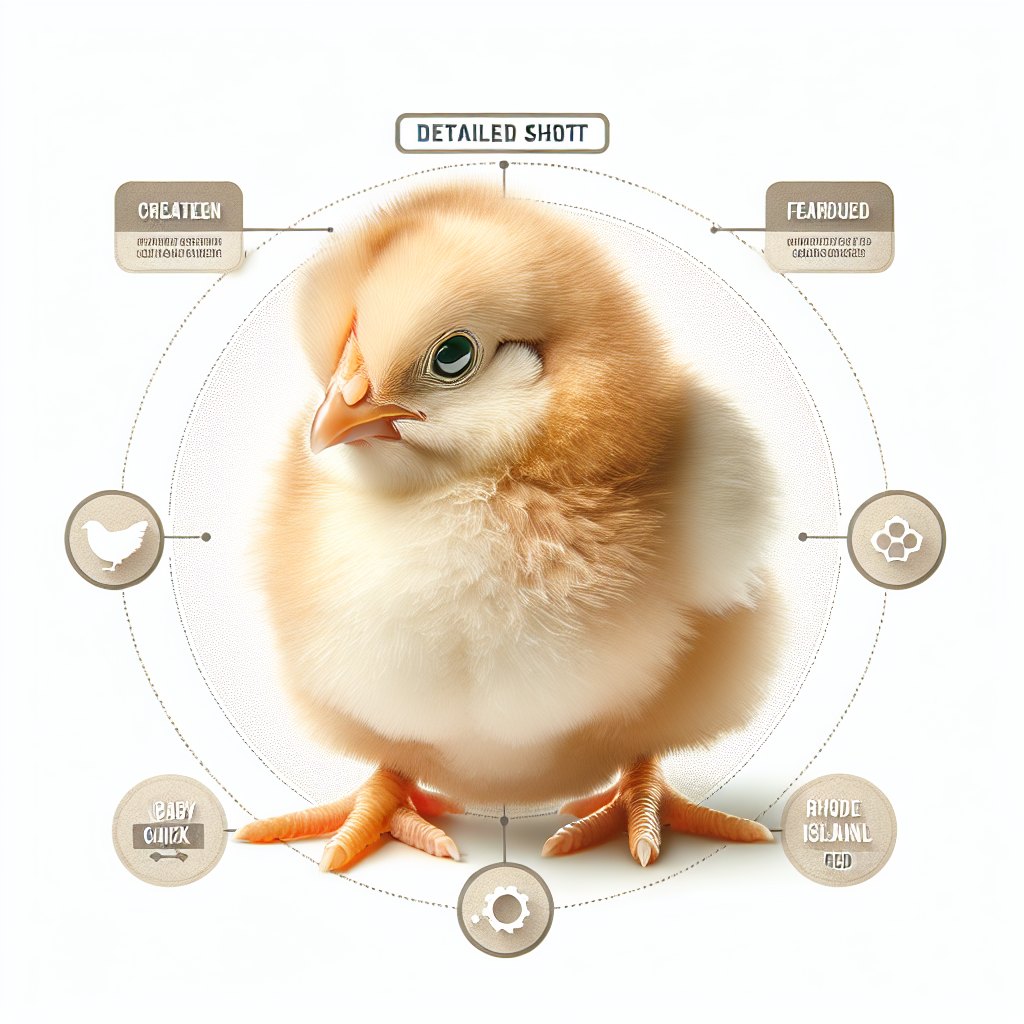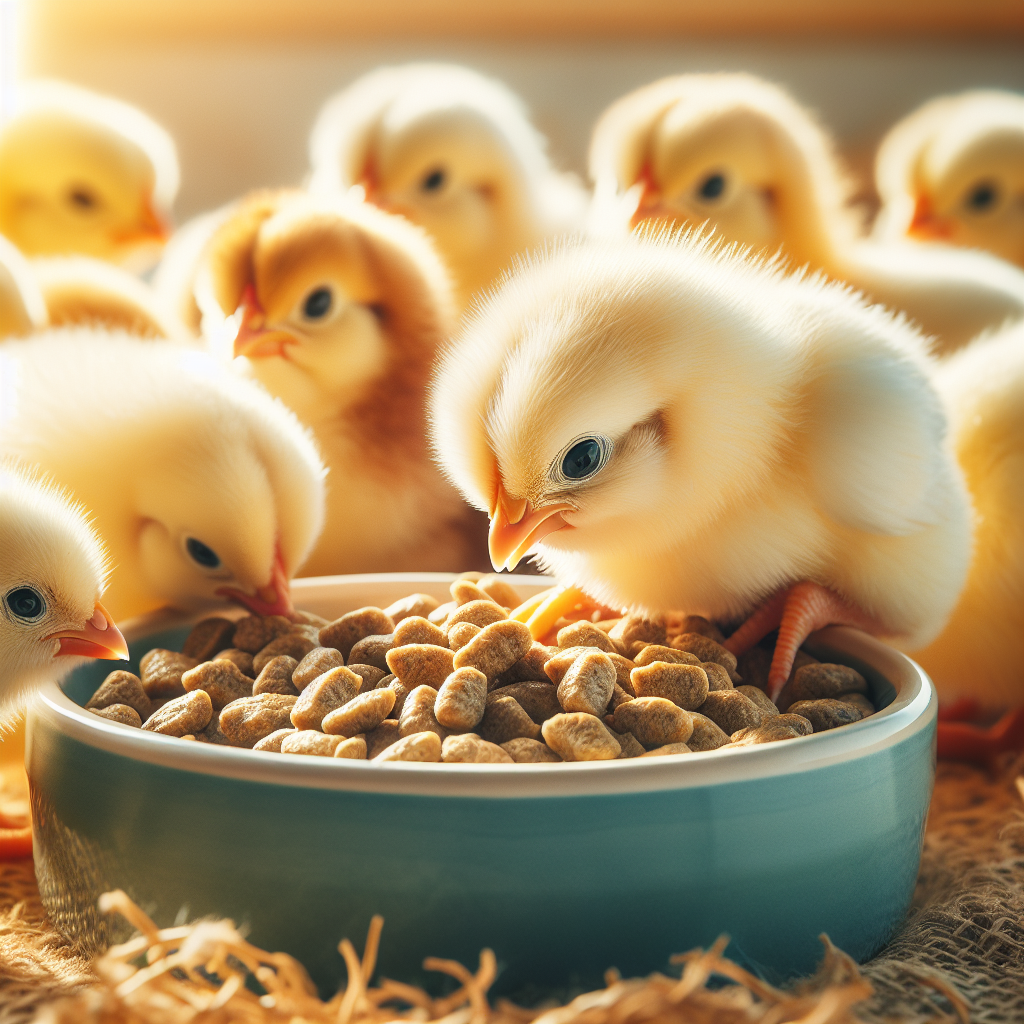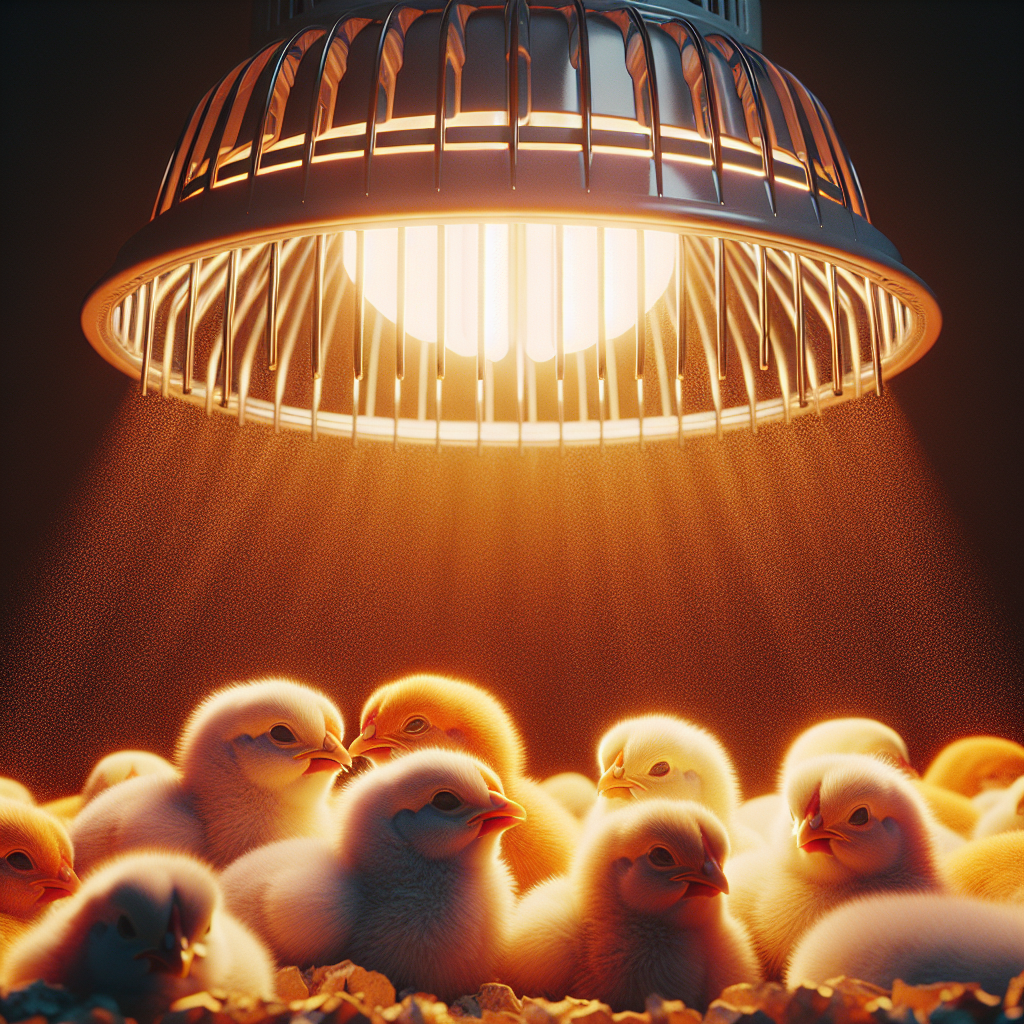When it comes to raising baby chickens, it’s important to keep a keen eye on their health. But how can you spot the first signs of potential health issues? From changes in behavior to physical symptoms, being aware of what to watch out for is crucial in ensuring the well-being of these adorable little creatures. In this article, we will explore some common signs that could indicate health problems in baby chickens, allowing you to take prompt action and provide the best care possible.
Common Health Issues in Baby Chickens
As a chicken owner, it is essential to be aware of the common health issues that may arise in baby chickens. By observing any early signs of these problems, you can take prompt action to ensure the well-being and longevity of your adorable feathered friends. In this comprehensive article, we will discuss various health issues that baby chickens may experience and provide guidance on how to spot the first signs of these problems. So, let’s dive in and learn more about respiratory problems, digestive problems, feather problems, nervous system disorders, musculoskeletal issues, eye and beak disorders, parasitic infestations, dehydration and heat stress, infectious diseases, and abnormal growth or development.
Respiratory Problems
Respiratory problems are among the most common health issues that can affect baby chickens. These issues primarily impact the respiratory system, which includes the lungs and airways. It is vital to watch out for specific signs of respiratory problems to intervene at an early stage. Sneezing and coughing are often the first indicators of a respiratory issue. If you notice your baby chickens making unusual sounds or displaying these symptoms, it is essential to monitor them closely. Additionally, pay attention to any nasal discharge or labored breathing, as these can be further signs of respiratory distress.
Digestive Problems
Another health issue that baby chickens may encounter revolves around their digestive system. Digestive problems can lead to discomfort, poor nutrient absorption, and even malnourishment if not addressed promptly. Diarrhea, characterized by loose or watery droppings, is a typical sign of digestive distress. In contrast, constipation, indicated by prolonged periods without any droppings, can also be cause for concern. Moreover, a loss of appetite is another key sign that something may be wrong with your baby chickens’ digestive health. Keep a close eye on their eating habits and stool formation to promptly detect and address any potential digestive issues.
Feather Problems
Baby chickens’ feathers play a vital role in regulating body temperature and protecting them from the elements. Therefore, it is crucial to monitor their feather health to ensure their overall well-being. Molting issues, which involve the shedding and regrowth of feathers, can sometimes result in additional stress for the chickens. Keep an eye out for dull or discolored feathers, as this may indicate a nutrient deficiency or an underlying health concern. Bald spots on the body are also an alarming sign that your baby chickens may be experiencing feather problems. Regular feather checks will help you identify these issues and address them promptly.
Nervous System Disorders
Nervous system disorders can be distressing for both the baby chickens and their caretakers. These issues can affect their mobility, coordination, and overall quality of life. Tremors or seizures are significant indicators of a potential nervous system disorder. If you observe your chicks experiencing uncontrollable shaking or jerking movements, it may be necessary to seek veterinary assistance. Incoordination or weakness can also be signs of a nervous system disorder, making it crucial to remain observant of your baby chickens’ behavior to catch these symptoms early on.
Musculoskeletal Issues
Musculoskeletal issues encompass a variety of problems that affect the bones, muscles, and joints of baby chickens. Monitoring their mobility and activity levels can help identify any potential musculoskeletal issues. Lameness or limping is a noticeable sign that your baby chickens may be experiencing discomfort or pain in their limbs. Swollen joints may accompany lameness and should not be ignored. Fractures can occur due to accidents or rough interactions, causing severe distress to the affected chicks. In the case of any musculoskeletal issues, it is essential to provide appropriate care and consult a veterinarian if necessary.
Eye and Beak Disorders
The well-being of a baby chicken’s eyes and beak is vital for their overall health and functionality. Regularly inspecting their eyes and beaks allows for the early detection of potential issues. Swollen or cloudy eyes may be indicative of an underlying infection or injury. Additionally, if you notice unusual beak growth, such as an overgrown or misaligned beak, it may interfere with their ability to eat and drink properly. Difficulty in closing the beak properly can also be a sign of a problem. Being vigilant about eye and beak health ensures that any abnormalities are addressed promptly.
Parasitic Infestations
Parasitic infestations can cause significant discomfort and distress to baby chickens if left untreated. Mites and lice are common external parasites that can infest their feathers and skin. These tiny pests feed on blood and can cause itching, irritation, and even anemia in severe cases. Fleas and ticks are also external parasites that can pose health risks to baby chickens. Internal parasites, such as worms, can negatively impact their digestive system and overall well-being. Regularly checking your baby chickens for signs of parasites, such as excessive scratching or weight loss, allows for early intervention and effective treatment if necessary.
Dehydration and Heat Stress
Maintaining proper hydration and preventing heat stress are crucial aspects of caring for baby chickens. They are highly sensitive to extreme temperatures and are at risk of dehydration and heat-related health issues. Panting or rapid breathing are common signs of heat stress and require immediate attention. Lethargy or weakness may also be present in chicks experiencing heat-related distress. Dry or pale combs, which are the fleshy crown-like structures on top of their heads, can be indicative of dehydration. To prevent these issues, ensure a constant supply of clean water and provide shade or cooling mechanisms during hot weather.
Infectious Diseases
Baby chickens are susceptible to various infectious diseases that can spread rapidly among their flock and have severe consequences. Keeping a close eye on their behavior, appetite, and overall energy levels is essential to identify any potential infectious diseases. Reduced activity, decreased appetite, and weight loss are common signs of illness. Additionally, abnormal or discolored droppings can be indicators of an underlying infection. If you notice any of these signs, it is crucial to isolate the affected chicken, maintain good hygiene practices, and consult a veterinarian for proper diagnosis and treatment.
Abnormal Growth or Development
Monitoring the growth and development of baby chickens is crucial for ensuring their healthy transition into adulthood. Abnormalities in growth or development can often be spotted early on if you pay close attention. Crooked or curled toes are examples of deformities that can affect their ability to walk and stand properly. A large or swollen abdomen may indicate an underlying health issue, such as an organ problem or an infection. Poor feather growth can result in naked or patchy areas on their bodies, making them vulnerable to environmental factors. By promptly addressing these abnormalities, you can provide the necessary care and support for their optimal growth and development.
In conclusion, being aware of common health issues in baby chickens and recognizing the first signs is crucial for their well-being. Regular observation and monitoring will allow you to spot respiratory problems, digestive problems, feather problems, nervous system disorders, musculoskeletal issues, eye and beak disorders, parasitic infestations, dehydration and heat stress, infectious diseases, and abnormal growth or development. By providing appropriate care, seeking veterinary assistance when needed, and maintaining a clean and safe environment, you can ensure that your baby chickens grow into healthy and happy chickens.




